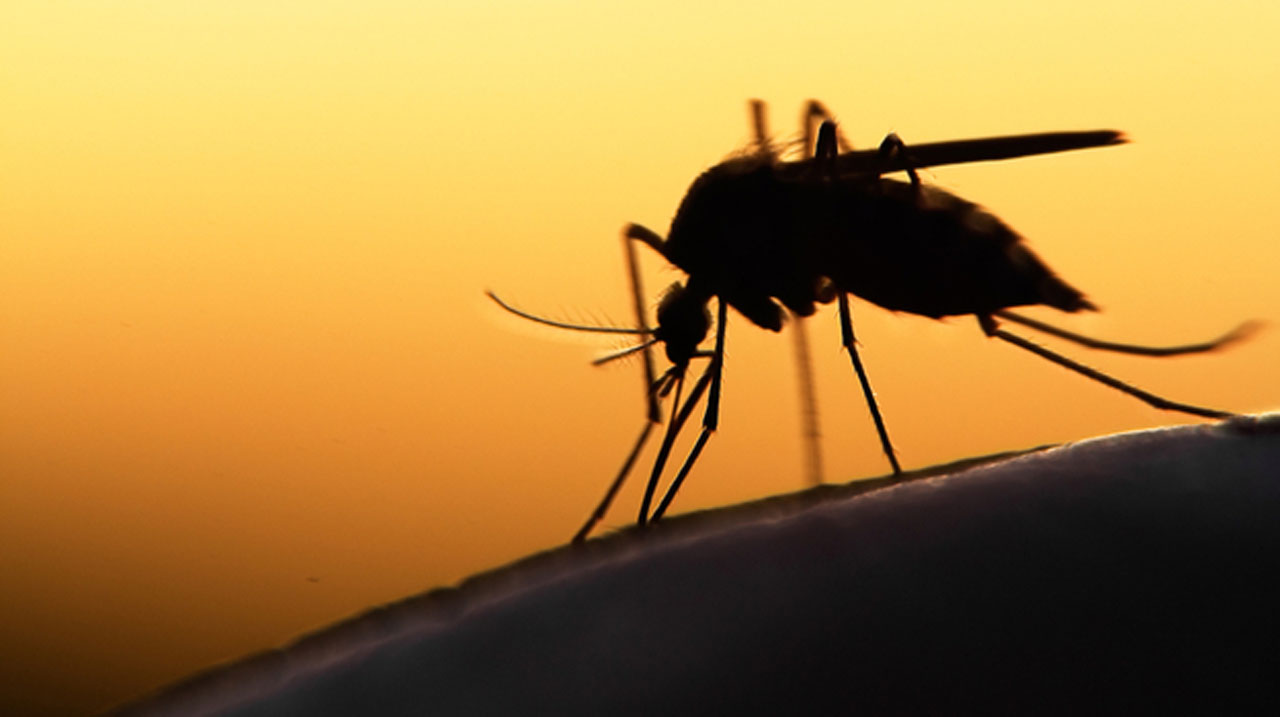Atreca, Inc., a clinical-stage biotechnology company focused on developing novel therapeutics generated through a unique discovery platform based on interrogation of the active human immune response, today announced that it has entered into a licensing agreement with the Bill & Melinda Gates Medical Research Institute (the “Institute” or “Gates MRI”) to develop MAM01/ATRC-501, a novel monoclonal antibody entering preclinical development, for the prevention of malaria. Under the agreement, Gates MRI will lead the development of MAM01/ATRC-501 and receive commercial rights in GAVI-eligible countries located in malaria-endemic regions of the world, to advance its charitable purposes. Atreca will retain commercial rights in the U.S., Europe and parts of Asia.
Malaria is a life-threatening, mosquito-borne disease that impacts regions of Central and South America, Africa, South and Southeast Asia, the Caribbean, the Middle East and Oceania with more than 94% of worldwide malaria cases and deaths occurring in the World Health Organization’s (WHO) African Region. Despite multiple public health interventions, there were an estimated 229 million malaria cases and over 400,000 deaths in 2019 according to WHO1. Further reducing the global malaria burden will require the development and implementation of new prevention strategies, including the use of vaccines such as Mosquirix™ and antibody-based prophylaxis currently under development. To that end, a clinical study from the National Institutes of Health (NIH) recently published in the New England Journal of Medicine demonstrated that an antibody administered to healthy human adults can potentially prevent infection2. These data provide first proof of concept that an antibody-based prophylactic may protect humans against malaria infection for a period of time after dosing.
MAM01/ATRC-501 is an engineered version of a human monoclonal antibody generated following vaccination with Mosquirix and identified via Atreca’s discovery platform. MAM01/ATRC-501 targets the malaria circumsporozoite protein (CSP) and has been shown to protect animals against malaria infection in multiple in vivo mouse studies.
Gates MRI plans to undertake development efforts for MAM01/ATRC-501 for the prevention of malaria in infant and pediatric populations in malaria-endemic regions. Potential product development opportunities for Atreca include the prevention of malaria for those travelling to regions where malaria may be circulating. Current malaria prophylaxis agents for travellers are small molecule drugs that can be poorly tolerated and require repeat dosing, which may lead to suboptimal compliance.
“Today’s announcement is the result of an extensive collaboration to identify protective antibodies against malaria that we initiated with the Bill & Melinda Gates Foundation in 2013 and which has involved multiple research organizations and academic institutions as collaborators,” said John Orwin, President and CEO of Atreca. “We are excited that the Institute has decided to move forward with the development of MAM01/ATRC-501. While our current drug discovery efforts focus on oncology, malaria prevention remains a major unmet medical need, and we are proud and gratified to be collaborating with the Institute on a potential antibody-based prophylactic.”
“Tackling the public health challenges posed by malaria is a priority for our Institute,” said Emilio Emini Ph.D., CEO of the Bill & Melinda Gates Medical Research Institute. “We are pleased to enter into this agreement for Atreca’s potential antibody prophylactic intervention that could provide prolonged protection against malaria infection.”

 Latest pharma news update
Latest pharma news update










.jpeg)








.png)
.png)

.png)
.png)
.png)

.png)
.png)
.png)

.png)
.png)